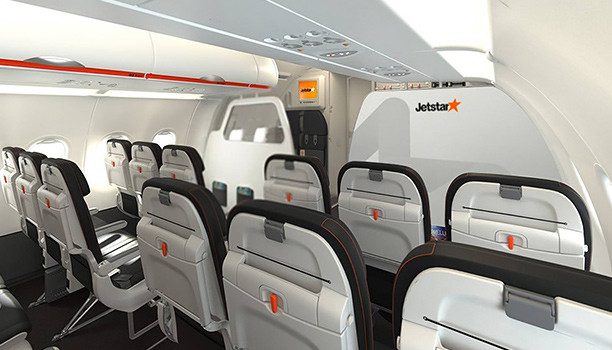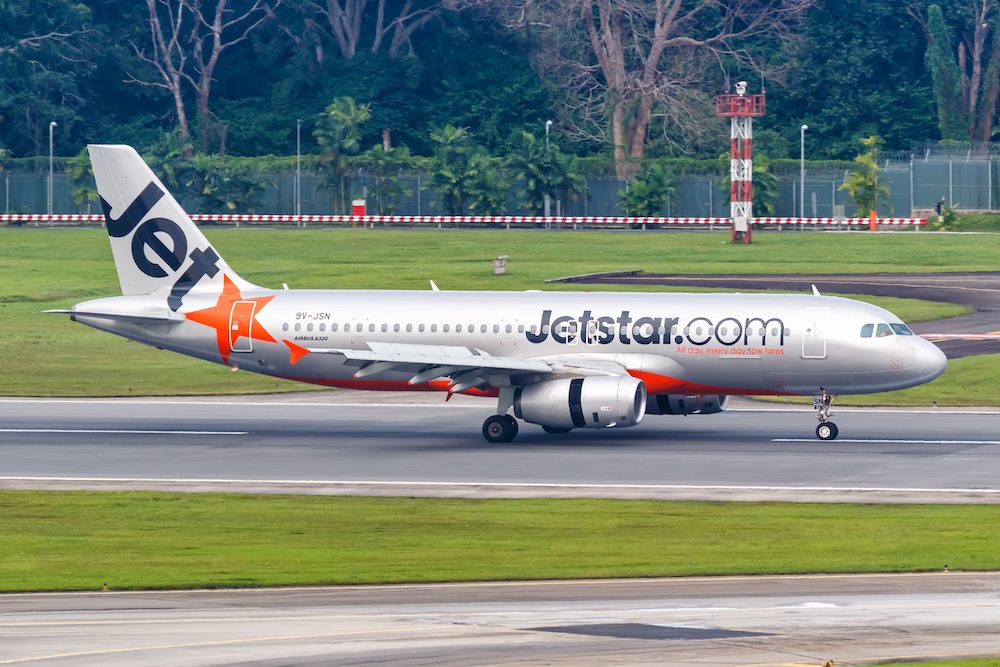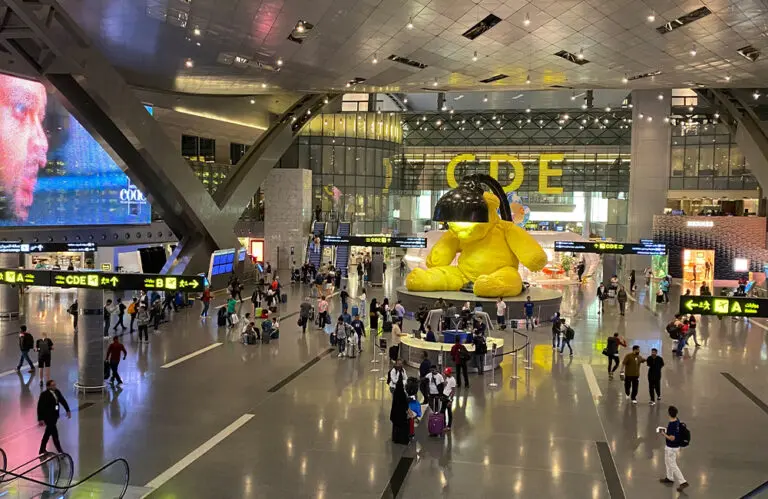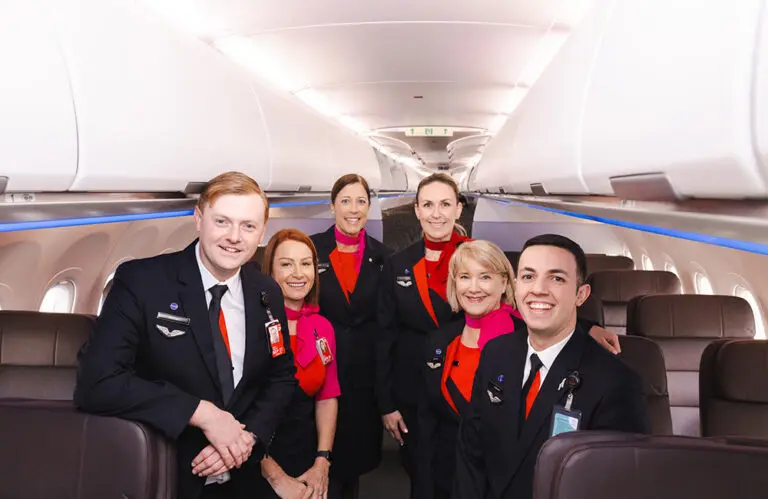Qantas Group has announced it will close its Singapore-based low-cost carrier Jetstar Asia by 31 July 2025, marking a major shift as it sharpens focus on Australia and New Zealand while advancing its fleet renewal program.
Jetstar Asia’s closure will free up around $500 million in capital, allowing the flying kangaroo to invest further in its domestic and international operations, including Qantas and Jetstar Airways.
With the carrier’s closure, 13 Airbus A320 aircraft from Jetstar Asia will be progressively redeployed to Australia and New Zealand. The group says this move will help drive more low fares, create over 100 local jobs, and support fleet renewal across Jetstar’s domestic network and Qantas’ regional operations.
According to Qantas, the decision affects 16 intra-Asia routes operated from Singapore. There will be no changes to Jetstar Airways’ international services to and from Australia or to Jetstar Japan’s Asian network.

Jetstar Airways will continue operating services across Singapore, Thailand, Indonesia, Vietnam, Japan and South Korea.
“Jetstar Asia has been a pioneering force in the Asian aviation market for more than 20 years, making air travel accessible to millions of customers across Southeast Asia,” Qantas Group CEO Vanessa Hudson said.
“We are incredibly proud of the Jetstar Asia team and the work they have done to deliver low fares, strong operational performance and exceptional customer service. This is a very tough day for them. Despite their best efforts, we have seen some of Jetstar Asia’s supplier costs increase by up to 200 per cent, which has materially changed its cost base.
“I want to sincerely thank and acknowledge our incredible Jetstar Asia team who should be very proud of the impact they have had on aviation in the region over the past two decades.”
What happens now?

Jetstar Asia passengers with cancelled bookings will receive full refunds, and Qantas is working to assist impacted staff with redeployment options across the group or with other airlines.
Qantas says Singapore will remain a key hub for the group as it continues to offer connectivity across Asia through nearly 20 codeshare and interline partners from Changi. The Southeast Asian city serves as Qantas Group’s third-largest international port.
$35M loss
The group says that rising supplier costs, high airport fees and increased competition have significantly impacted Jetstar Asia’s financial performance, despite its “exceptional customer service and operational reliability”.
The airline is expected to post a $35 million underlying EBIT loss this financial year.
The closure will result in approximately $175 million in redundancy, restructuring, and asset write-down costs across FY25 and FY26, with pre-tax cash costs around $160 million.

According to the flying kangaroo, capital recycled from Jetstar Asia’s closure will support its broader fleet renewal strategy, which includes the arrival of its first Airbus A321XLR later this month and the much-anticipated Project Sunrise Airbus A350-1000ULR entering service in 2026.
“We are currently undertaking the most ambitious fleet renewal program in our history, with almost 200 firm aircraft orders and hundreds of millions of dollars being invested into our existing fleet,” Hudson said.
“We’re making disciplined decisions which recycle capital across our business and prioritise it to stronger performing segments as well as strategic growth initiatives like Project Sunrise.”
While domestic capacity growth has been slightly tempered due to events like Cyclone Alfred, which shaved $30 million off earnings, Qantas remains positive.
The group is also optimistic about international services, saying demand continues to be strong, even with some disruption from recent industrial action on Finnair wet lease services.
To this end, Qantas has added several new international routes to its network in 2025, including most recently Perth–Auckland and Perth–Johannesburg services, due to take off again from December.






